Life often feels overwhelming when we focus on what’s outside our control—other people’s actions, unpredictable events, or the countless external pressures we face. While it’s natural to feel frustrated or stuck when life doesn’t unfold the way we hope, one of the most powerful shifts we can make is learning to recognize what we can control: ourselves.
This doesn’t mean suppressing emotions or pretending everything is fine. You are always allowed to feel your feelings. In fact, acknowledging them is essential. But alongside those feelings, there’s an opportunity to pause and reflect: Where do I have autonomy in this situation? What is within my power to change?
This principle isn’t just about self-improvement; it’s about reclaiming a sense of agency. Whether you’re navigating individual challenges or relational struggles, grounding yourself in your own locus of control is a game-changer.
The Power of Locus of Control
Your “locus of control” refers to where you believe control resides in your life. People with an internal locus of control focus on what they can do to influence outcomes. Those with an external locus often feel powerless, attributing outcomes to external forces like luck, fate, or other people.
When we shift our focus inward, we empower ourselves to take meaningful action, even in situations where not everything is within our control.
Here’s how this can transform your daily life:
- Clarity of Action: Instead of ruminating on what others should do, you focus on what you can do.
- Reduced Anxiety: By narrowing your energy to what’s actionable, you reduce the mental load of trying to control the uncontrollable.
- Stronger Relationships: In couples work, focusing on your contributions to relational patterns instead of blaming your partner fosters healthier dynamics.
- Emotional Stability: You become less reactive to external circumstances, finding steadiness in your ability to make choices aligned with your values.
Autonomy in Everyday Life
Recognizing and exercising personal autonomy starts with small, intentional shifts:
- Own Your Choices: Ask yourself, What can I do differently in this situation? Even small decisions, like how you respond to someone’s tone or how you manage your time, reflect autonomy.
- Set Boundaries: Boundaries aren’t about controlling others; they’re about defining what you will and won’t allow for yourself.
- Pause and Reflect: Before reacting emotionally, take a moment to consider: Is this within my control? Often, a simple pause helps reframe a situation.
- Focus on Effort, Not Outcomes: You can’t guarantee success, but you can control the effort you put in. This mindset shift is especially freeing in uncertain circumstances.
- Cultivate Self-Compassion: Autonomy doesn’t mean perfection. Acknowledge your efforts and give yourself grace when things don’t go as planned.
In Relationships: From Control to Connection
In couples work, this approach is particularly important. Often, we try to influence or “fix” our partner, focusing on what they need to change. But true connection begins when we turn inward:
- How do I respond during conflict?
- What patterns do I contribute to in our relationship?
- Am I trying to understand my partner, or am I simply trying to be understood?
When both partners focus on their own growth, the relationship evolves naturally. It’s not about ignoring issues but addressing them from a place of self-awareness rather than control.
Empowerment Through Choice
Life’s challenges will always test us. But when we shift our energy inward, focusing on what we can control, we rediscover a powerful truth: while we can’t dictate every circumstance, we always have choices.
Empowerment is not about perfect control—it’s about reclaiming your ability to act, choose, and grow in the face of life’s uncertainties. And when we ground ourselves in this truth, we don’t just navigate life’s storms; we thrive within them.
Let this be an invitation: Start small. Notice where your locus of control lies. And trust that even the smallest shift toward autonomy can transform your world.











